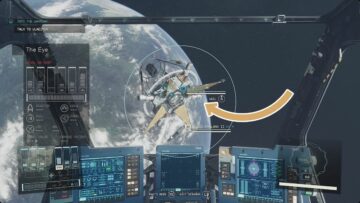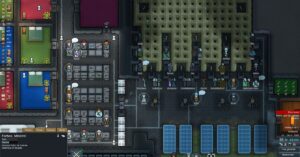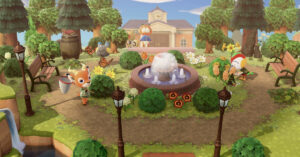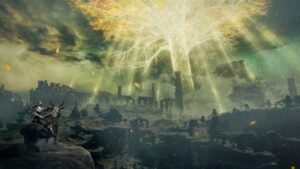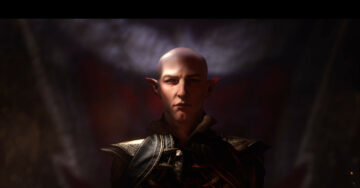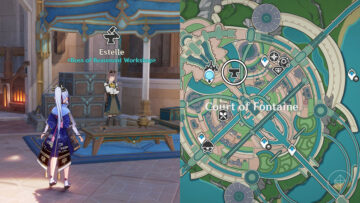If you buy something from a Polygon link, Vox Media may earn a commission. See our ethics statement.
With Critical Role’s animated series on the horizon, Dimension 20 gearing up for its thirteenth season, and artisanal-dice pouring videos taking over TikTok, it’s clear that Dungeons & Dragons is sucking a lot of oxygen out of the room. But it’s far from the only tabletop role-playing game on the market, and I would argue it’s not even the best one to start with.
Novice players in search of a creative, flexible system can do better — especially if it’s their first time adventuring. Apocalypse World deserves more attention. It’s a system that’s just as easy for game masters to run as it is for players to learn.
A creation of designers Meguey Baker and Vincent Baker, Apocalypse World is a game about fighting to survive in a world that doesn’t want you to. In addition, it’s inspired the creation of many more games, which sport the term Powered by the Apocalypse (PbtA). Games with the PbtA label take elements from Apocalypse World and apply them to a whole host of settings and genres — but more on that later.
So, what is it about this game that makes it such a prolific source of inspiration? To put it simply, it’s one of the most adaptable TTRPGs around. Here’s a breakdown of the five best parts of Apocalypse World, and why they guarantee that picking up a PbtA rulebook is the right move for anyone new to TTRPGs.
Players move the story forward
Apocalypse World establishes early on that a game master (GM) — or master of ceremonies (MC), as they’re called in the rulebook — isn’t really in charge of the story.
“It’s not your agenda to make the players lose,” Apocalypse World’s authors say, “or to deny them what they want.”
Instead, the point of MCing is to respond to player actions. Preparation and worldbuilding are encouraged, but an MC isn’t going to walk into a session knowing how it’s supposed to end.
Every time an MC interacts with the players — by revealing a new threat, separating the party, or inflicting harm — the rulebook says to ask players the key question: “What do you do?” Player responses to that question must guide the narrative. Does the party run toward or away from the plume of smoke? Do they take a minute to heal, or charge right back into the fight? Whatever they choose dictates what happens next in the story.
Rolling is easy
I enjoy rolling dice as much as the next person, but many TTRPGs — D&D included — overcomplicate things. You’ll be rolling a 20-sided die to swing your sword, adding up bonuses and damage types, and checking your character sheet four times just to see if you’re doing the math correctly.
There’s something to be said for simplicity, especially when you’re trying to keep your players focused on the storyline. In Apocalypse World, every move works the same way. Sneaking into a campsite? Hitting a bad guy? Manipulating an ally? No matter the move, players roll two 6-sided dice and add one of just a handful of modifiers. Then they check the result: A 1-6 is a miss, a 7-9 is a mixed success, and a 10+ is a complete success. This is great for new GMs. There’s no need to set difficulty ratings, turn to the section on calculating fall damage, or decide in the moment what the outcome of a roll should be. Each time a die hits the table, it’s either a success or a failure.
It’s also great for players. There are only five modifiers to keep track of — cool, hard, hot, sharp, and weird — and everyone at the table knows what the result of a roll means for the story.
We all want the same thing
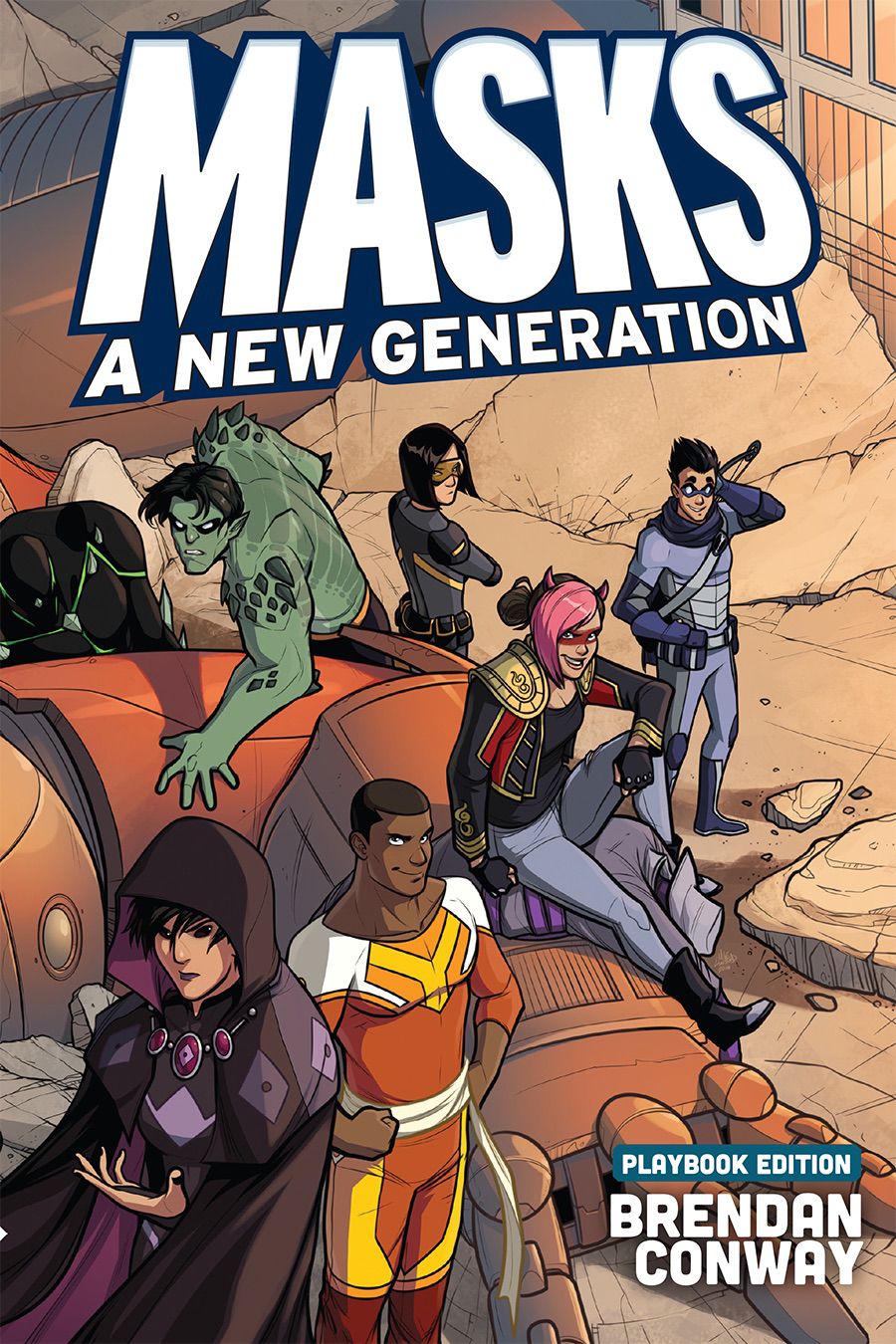
No one likes an edgelord at the table. For the (thankfully) uninitiated, arguably the worst kind of TTRPG environment is one where players insisting on “realism” say that they have no in-world reason to cooperate with the party; an edgelord is someone who isn’t interested in playing nice, collaborating toward a common goal, or having the party’s best interests at heart.
Apocalypse World’s character creation process is also a party creation process, which helps tie a table together and move past the dreaded “I’m going to go off on my own because I don’t know you guys” phase of things. In Apocalypse World, this is called Hx, short for History. At the start of the first session, players go around introducing their characters, and then asking each other player at the table a Hx question, which establishes connections and, you guessed it, history, between characters. This helps stamp out edgelord tendencies all the way at the beginning: There’s no logical reason for a character to go against the party’s aims if someone in the party saved their life — or maybe there is, but the character in question is forced to find a narratively satisfying justification for their actions, which makes for a more interesting story. The first session sheet of Apocalypse World says it pretty clearly: “Your characters don’t have to be friends, but they should definitely be allies.”
Preparation is minimal
The Apocalypse World rulebook for MCs makes this principle explicit: “DO NOT pre-plan a storyline, and I’m not fucking around.” This ties back into Apocalypse World really being player-focused, in that it’s the job of the MC to respond to player and character actions, instead of leading them through a predetermined storyline.
Ask players questions about what their day to day lives look like: where do they shower? What’s a delicacy that’s hard to get your hands on? Identify what the players have no control over, and craft that into threats, weak points, and blind spots. Most of this is done through conversation with players, which hits on another crucial point: how a session develops depends on how players respond to various bits of bait.
Players that unexpectedly defeat a threat right away might come across some evidence that indicates that they didn’t catch the real bad guy, or that someone was acting under duress. A party that isn’t sure what to do after coming across a planned location might hear a scream in the distance, spurring them into action. This is a salve for my weary, forever-GM heart, as is the instruction to “leave yourself things to wonder about later”; you don’t need to have all the answers going into it! Season your world with holes, and fill them later, as stakes rise and bonds form.
One size really fits all
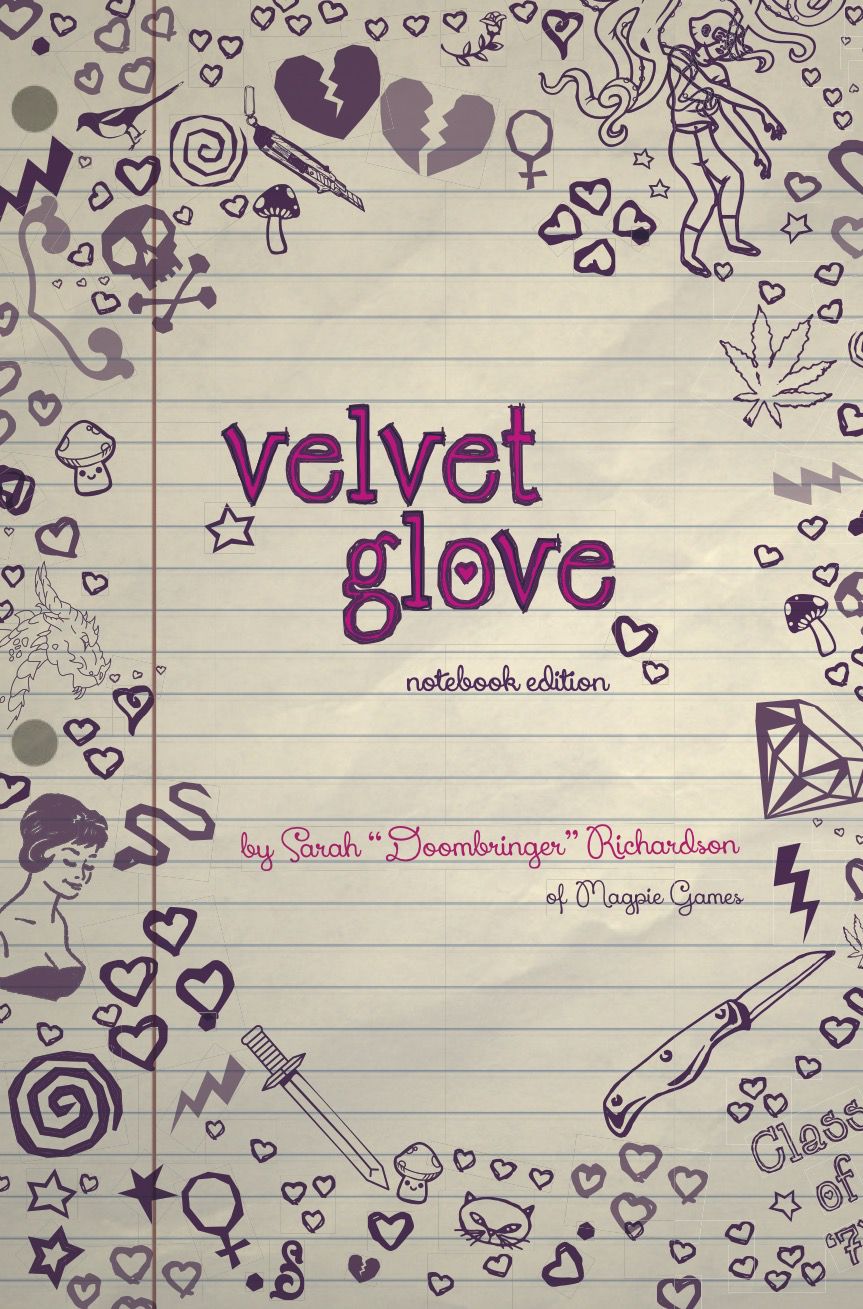
If all these mechanics and principles sound great, but grime, death, and desolation aren’t really your style, I’ve got great news, and it’s here where Powered by the Apocalypse comes in.
PbtA isn’t a system in itself; as Meguey Baker and Vincent Baker put it, its use in a game means “that the game was inspired by Apocalypse World in a way that the designer considers significant.” In other words, games that use the PbtA label are ones that take their cues from Apocalypse World regarding any number of things: running a session zero, how dice mechanics work, or even aesthetic and design elements.
While I’d still highly recommend getting into Apocalypse World, there are so many different ways to get into other PbtA-style games. In Magpie Games’ Velvet Glove you can be a ’70s high school girl gang; in Evil Hat’s Monster of the Week you can be a group of monster-hunting detectives. Want to get really silly? How about Adam Schwaninger’s Peace Was Never An Option, which stars a gaggle of geese tearing up the town. You could also try my personal favorite, Masks: A New Generation, which stars a coupla goddamn kids who are, obviously, secretly superheroes. The possibilities are endless: There are over 500 PbtA rulebooks available for perusal and/or purchase on itch.io alone. They don’t all have the same exact rules, of course, but most are newbie-friendly.
The world of tabletop role-play can seem daunting, but Apocalypse World can be the friend holding your hand through it. All it takes is one rulebook and a table of friends that are just as stoked as you are to start rolling dice and kicking ass. Go forth and apocalypse!
Source: https://www.polygon.com/tabletop-games/22787981/powered-by-the-apocalypse-tabletop-rpg-explainer
- "
- &
- 7
- Action
- aesthetic
- All
- around
- authors
- BEST
- Bonds
- Bonuses
- buy
- Catch
- charge
- checking
- coming
- commission
- Common
- Connections
- considers
- Conversation
- Creative
- damage
- day
- Design
- designer
- distance
- Early
- Environment
- Failure
- First
- first time
- form
- game
- Games
- Gang
- GM
- great
- Group
- guide
- here
- High
- history
- How
- HTTPS
- i
- identify
- Inspiration
- IT
- Job
- Key
- kids
- leading
- LINK
- location
- Market
- Masks
- math
- May
- Mechanics
- Media
- mixed
- move
- news
- Other
- Oxygen
- player
- players
- Playing
- Polygon
- predetermined
- Preparation
- Process
- purchase
- ratings
- rise
- robot
- Role-Playing
- Roll
- rules
- Run
- running
- School
- Search
- set
- Short
- Size
- So
- Sport
- start
- started
- storyline
- street
- success
- superhero
- superheroes
- Surface
- survive
- system
- Teens
- The
- threats
- TIE
- tiktok
- time
- track
- Videos
- What
- What is
- WHO
- words
- Work
- works
- world
- zero


